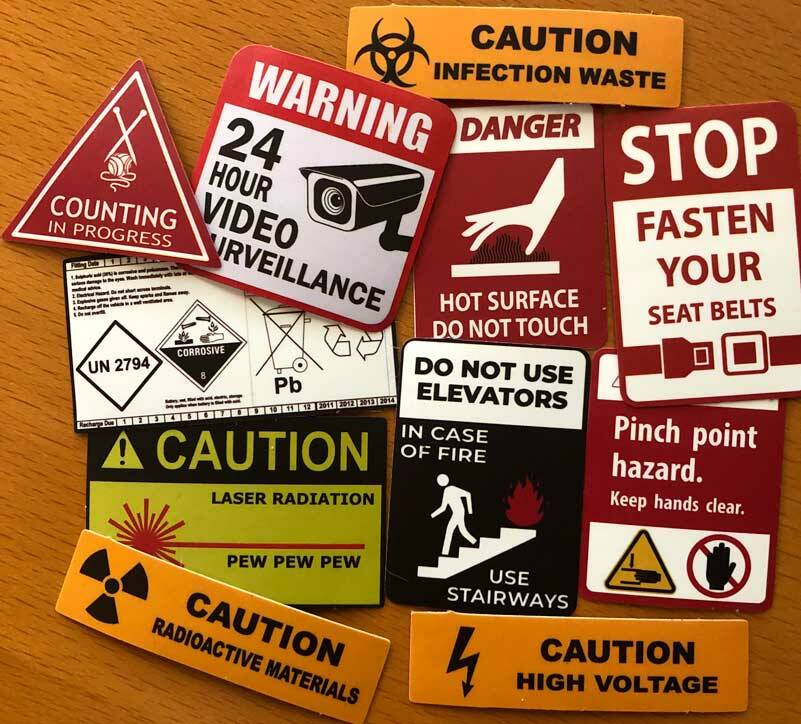By Morf Morford, Tacoma Daily Index
For most, if not all of us, our words go before us. Whether written or spoken, our words, literally our “voice”, its tone and texture, carries meaning, power and individual expression far beyond the literal actual words. We earn (or lose) respect from others – many that we will never meet – based on the words we use.
When I was teaching college level English and writing courses, I used to say, with every writing assignment, “Tell me something I don’t already know”. Most of my students would look baffled and then turn in an entirely predictable high school (or lower) bland piece of writing.
I am sorry to say that most of my conversations with adults – even adult professionals, are not that different. I hear the same cliches, jargon and turns of phrase from all corners of my world. From news anchors to neighbors, there seems to be an ever-shrinking set of terms that seem to be on everyone’s “must use” list.
We’ve talked about words and cliches on these pages before, here and here and here. Here are just a few that I have heard a few hundred more times than I should have. And that I would be more than glad to never hear again.
Hack
If you are on social media at all, you have certainly seen “hacks”. Way back in ancient analog times, the word “hack” meant “to cut with heavy blows”.
Somehow it has come to mean a short-cut, a quick solution or a “new” way of using something or doing an everyday task. Many of them are not “new” and most of the ones I’ve seen are too complicated or are variations of things my parents did a generation (or more) ago.
From “life hacks” to “cooking or cleaning hacks” or even “relationship hacks”, I’m not sure I need any of them, and if you have something useful to add, please make it as simple and practical as possible – preferably without the usual “You’re doing it wrong” condescending remarks.
I did a thing
If your goal is to convince me (or a future employer) that you are a toddler in an adult human suit, this is the perfect phrase for you. Use big-boy (or girl) words to describe your project or accomplishment. Or, even better, just show us what you did without justification or explanation.
It is what it is
We’ve addressed this term before, but as inane and obvious as it is, it seems to never go away. I hear this term as a summation, even as a declaration. Usually of the most obvious, incontrovertible fact before us. I hear this term to describe the weather, the economy and political situations – and much more.
I have yet to discover what that phrase adds to a conversation.
Yes, in fact, the weather, the economy or the state of the world, is, in fact, what it “is”. Tell me something we all don’t already know.
New normal
Yes, we’ve used this term on these pages before – mostly to highlight how unhelpful it is. As in here.
As far as I know, there is no committee or government agency who declares and authorizes what “normal” might be, but one thing I do know is that “normal” from room temperature to music volume is what we are accustomed to.
In other words, anything “new” or different is, by definition, not normal. Or at least not for long.
If it is “normal”, it is familiar, if it is “new”, it is literally by dictionary definition, not familiar.
Pivot
LinkedIn posted this as the word of the year in 2020. And as you might expect, many of us described this as the most overused word of the year in 2021.
In a business setting, pivoting means shifting policies or priorities in a major, preferably permanent way. To put it mildly, this is not something any business does on a regular basis. But individuals “pivot” as in change directions, focus or priorities all the time.
Flexing and adapting to circumstance is always a good thing to do. Using a cliche to describe what we all do is not a sign of insight or leadership.
Out of an abundance of caution
I hear this term where, in most cases, I want to hear statements of focus and leadership. In too many cases “out of an abundance of caution” is an excuse for doing or saying nothing.
Politicians seem to love this one – any deliberately obscure phrase in defense of inertia and avoidance of accountability seems to be a favorite.
If there is anything our society, if not the world, needs now, it is courage and bold, new ideas, not more caution.
Thought leaders and influencers
Thanks to social media, anyone can declare themselves a thought leader or influencer. With a roster of hacks or their own line of massage oils, and enough clicks, fortunes and reputations can be made. Or at least that’s the idea.
The reality is that not much “thought” actually happens and influencers, if they are “successful”, may create short-term trends and obsessions. And, if they have a small, but dedicated following, they can describe themselves as a microinfluencer or nano-influencer.
How about discovering or exploring without congratulating yourself with a fancy term?
I don’t think I am alone when I say that these terms, at a minimum, don’t inspire my confidence.






